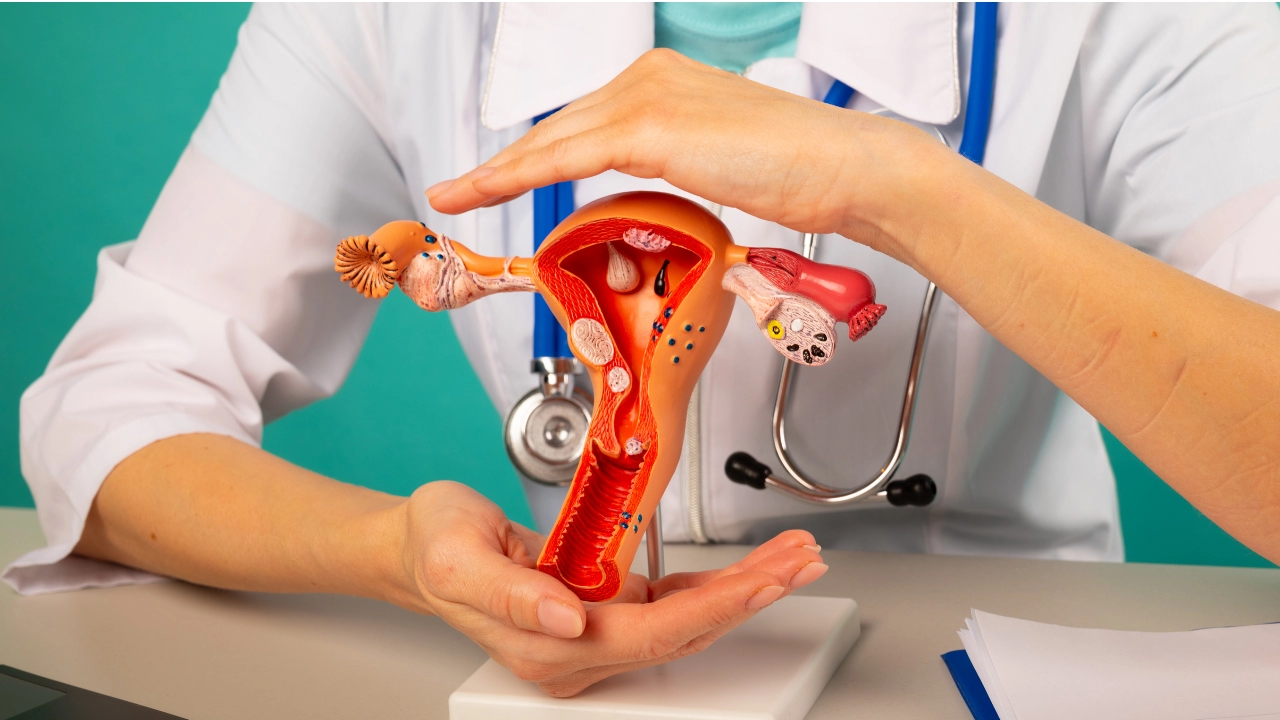Supriya Ramesh • 31 Aug 2024
How Age Impacts Female Fertility: What Every Woman Needs To Know

Image credit - Canva
As women age, their fertility naturally declines, affecting both the quality and quantity of their eggs. While the late 20s are considered the peak years for conception, the ability to conceive drops significantly after the age of 35.
With advanced age comes not only a lower chance of pregnancy but also a higher risk of complications. Dr Purva Singh, a Fertility Specialist and Gynaecologist at Dr KNS IVF Centre, Lucknow, explained the factors that influence fertility, the risks associated with later pregnancies, and how women can preserve their fertility for the future.
A Finite Number of Eggs
Men can produce sperm throughout their lives, but women are given a fixed number of eggs by their birth, estimated around 1 to 2 million. With advancing age, this number decreases, and after puberty, only 3 lakh remain. During the woman's reproductive age, approximately 300 to 400 eggs will be ovulated, and with advancing age, the quantity as well as the quality of these eggs reduces, especially after the age of 35.
Fertility Trends with Age
Late 20s are the peak years for women's fertility. There are the highest chances of getting conceived during these years. But as the woman's age reaches the early 30s, fertility begins to decline and they might find it hard to conceive. As the age reaches 35, the chances of getting pregnant drops monthly to about 15% and by the age of 40, it falls to 5%.
The cause of this decline is due to a decreasing number of viable eggs and also a rise in chromosomal abnormalities in the eggs. With advancing age, the remaining eggs may have genetic defects which make it difficult to conceive and give a higher chance of miscarriage or babies born with congenital abnormalities.
Risks of Later Pregnancies
Late pregnancies are generally considered high-risk pregnancy because there are increased chances of complications. When the maternal age advances, it is linked to higher risk of medical conditions during pregnancy such as gestational diabetes, preeclampsia, placenta previa, or preterm birth. Also, the risk of genital defects such as Down syndrome advances with age.
Preserving Fertility
Those women who don't have any plan for pregnancy should go for fertility preservation. One of the most famous methods is egg freezing. In this procedure, the eggs are harvested from the ovaries, frozen, and stored for future use. By this technique, the women can preserve their younger and healthier eggs, which can give them a successful pregnancy in the late stages of their life. But this technique is also the most effective if done before the age of 35.
Making Informed Choices
Women should be informed about how age impacts fertility to make decisions aligned with their life goals. Regular fertility assessments, such as measuring anti-Müllerian hormone (AMH) levels and undergoing ovarian reserve testing, can offer valuable insights into reproductive health.
Healthcare professionals can help women understand their options and develop a reproductive plan considering their age, health, and future desires. Whether choosing to conceive naturally, pursue fertility preservation, or explore other family-building options, being proactive and informed is key.
Get Latest News Live on Times Now along with Breaking News and Top Headlines from Health and around the world.